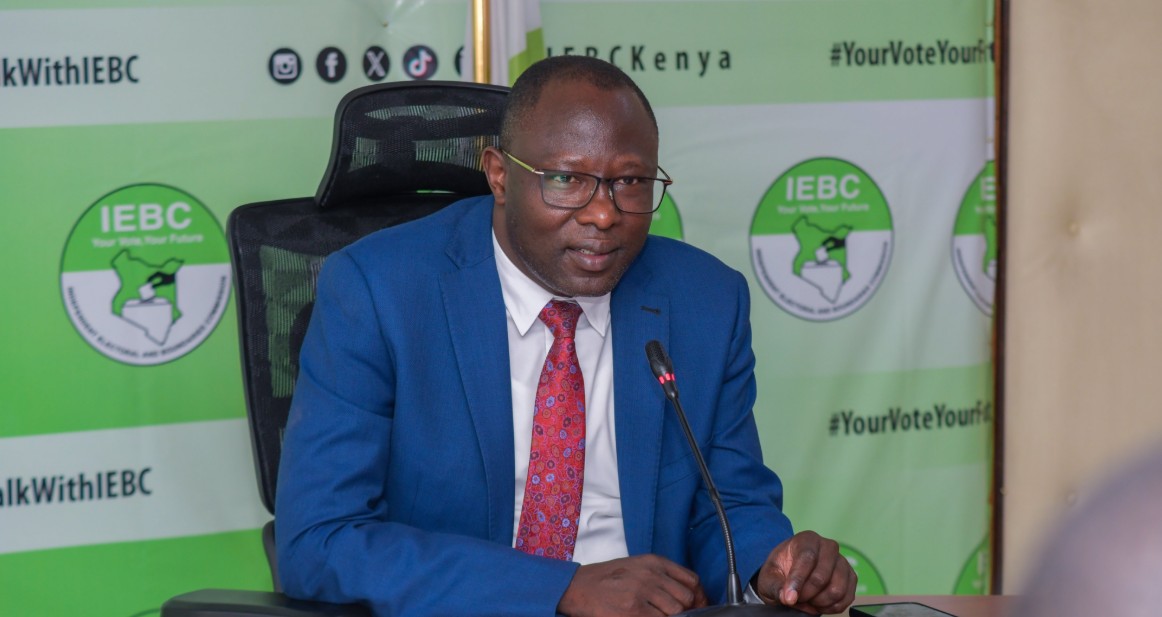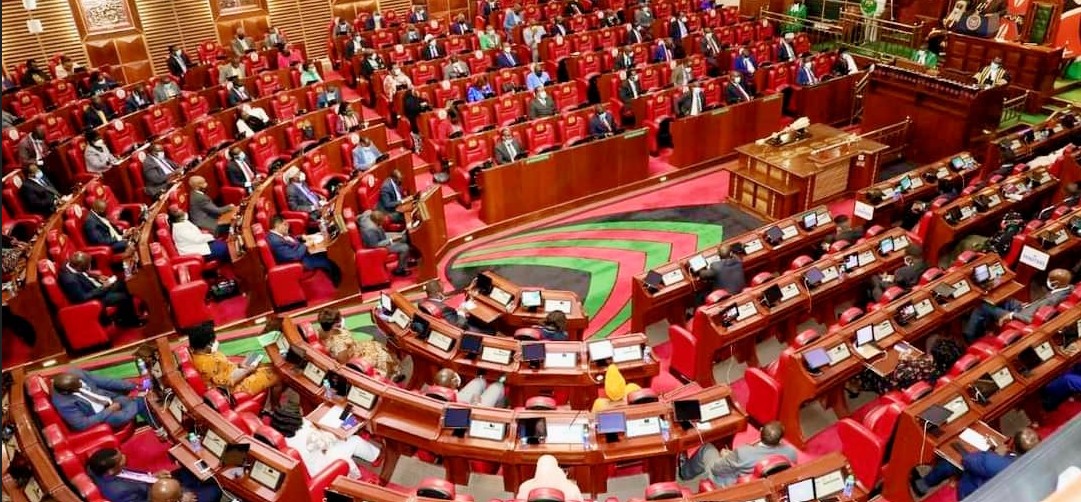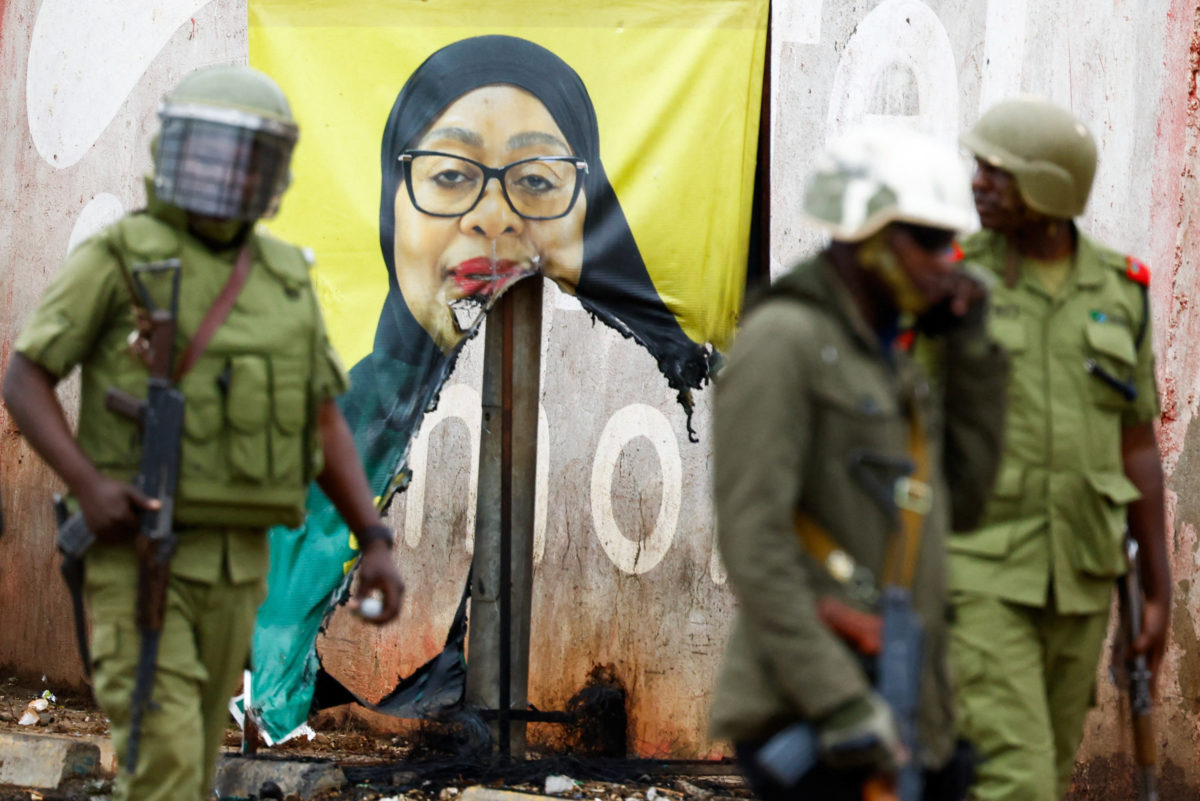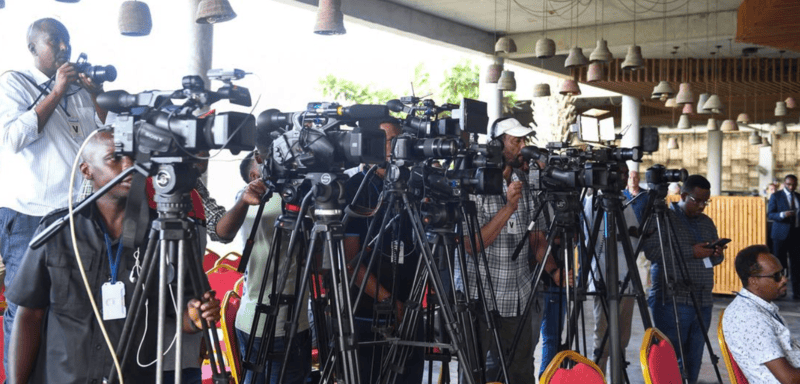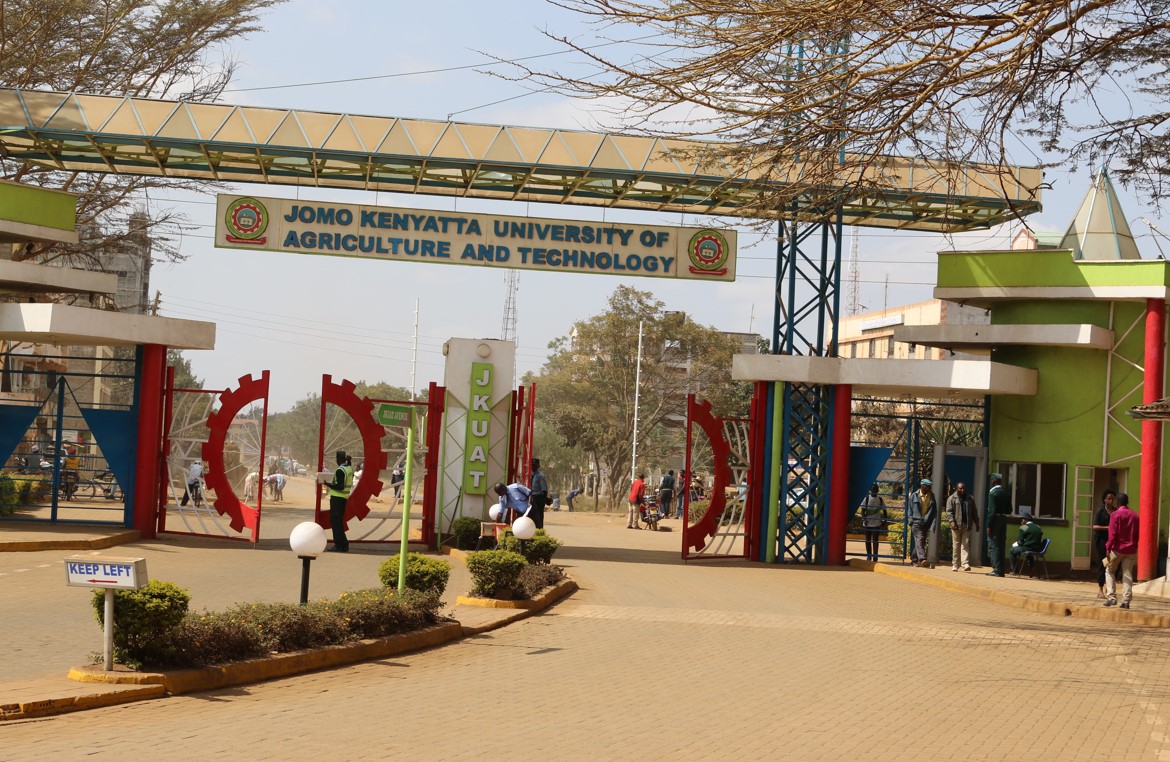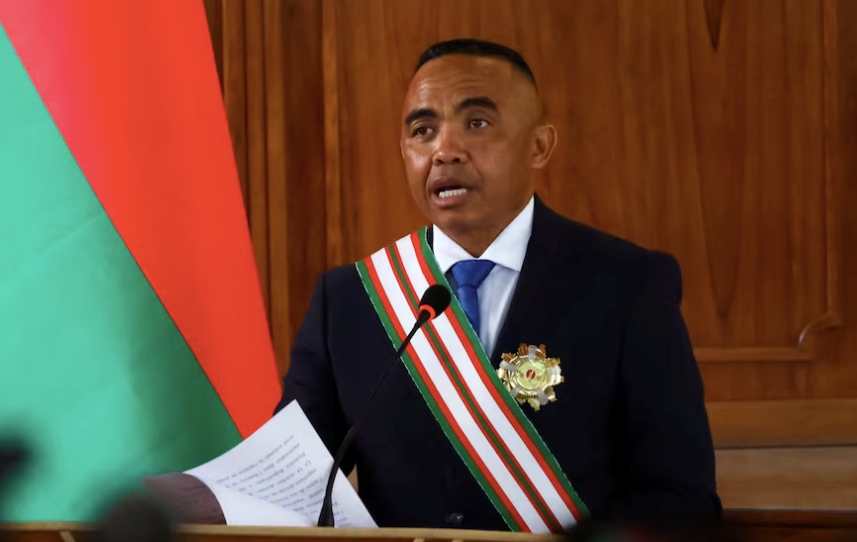Duale proposes fruit tree planting to meet Ruto's 15 billion tree target
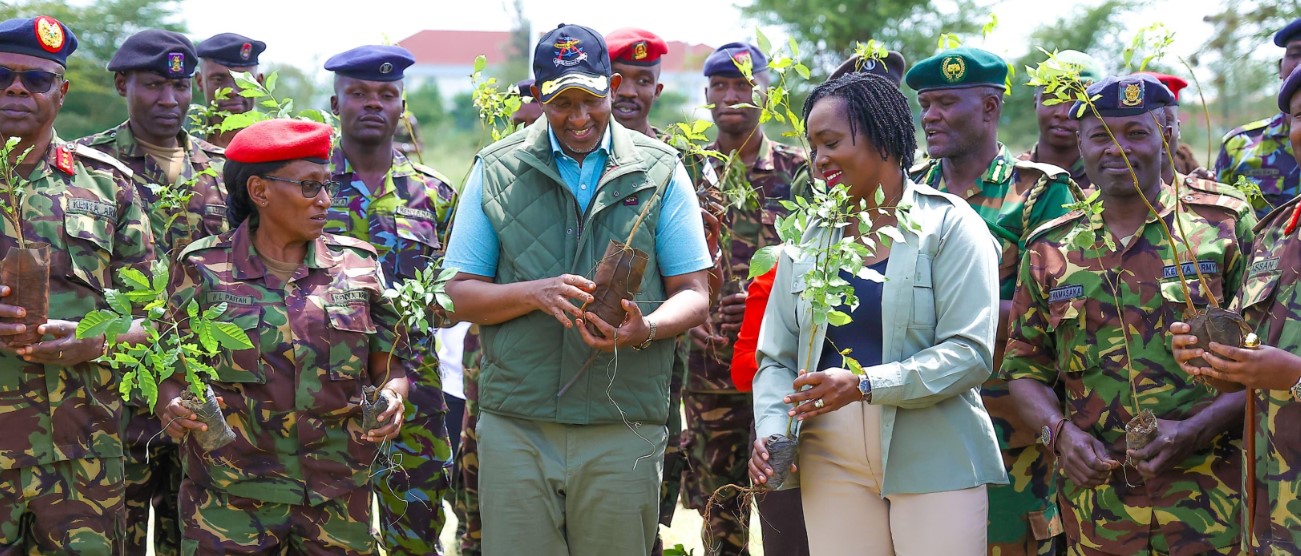
He also called for the preservation of the forest through fencing and urged the private sector to intervene by rebranding degraded areas.
Environment Cabinet Secretary nominee Aden Duale has outlined several strategies to help fulfil President William Ruto’s ambitious goal of planting 15 billion trees by 2032.
During his vetting session before the Committee on Appointments on Friday, Duale proposed the planting of fruit trees, which he said will demonstrate tangible benefits and foster a greater impact in fulfilling the goals.
More To Read
- Duale explains shift from Linda Mama to maternal package under SHA
- Report lays bare Kenya’s failing healthcare system
- Senators demand tough action after Lands CS Alice Wahome skips appearance
- Court clears Ruto’s inclusion of external advisors in Cabinet meetings
- Rwanda's new PM, Cabinet members sworn in
- Rwandan President Paul Kagame reshuffles cabinet
President Ruto's government plans to plant 15 billion trees in 10 years, which includes 1.5 billion a year, 125 million a month, and four million a day. The goal, according to the government, is to increase the country's tree cover by 30 per cent by planting 15.9 billion trees (10.6 million hectares) in 10 years for climate change resilience, mitigation, and improved livelihoods.
Duale said that so far, the country has only planted 400 million trees out of the 15 billion required.
“That is not a very good indicator, and we are not doing very well. If this committee approves my nomination, the restoration programme of planting trees must be a bottom-up approach. The communities must own it and it must be citizen driven. We must deal with a situation where 10-15 per cent of the trees planted are fruit trees that communities see as valuable and, and entice the rural sections of society,” he said.
He emphasised the need for increased tree planting and resources to enhance the country’s current tree cover, which stands at 12.13 per cent. He highlighted the projected increase in tree cover to 30 per cent by 2032.
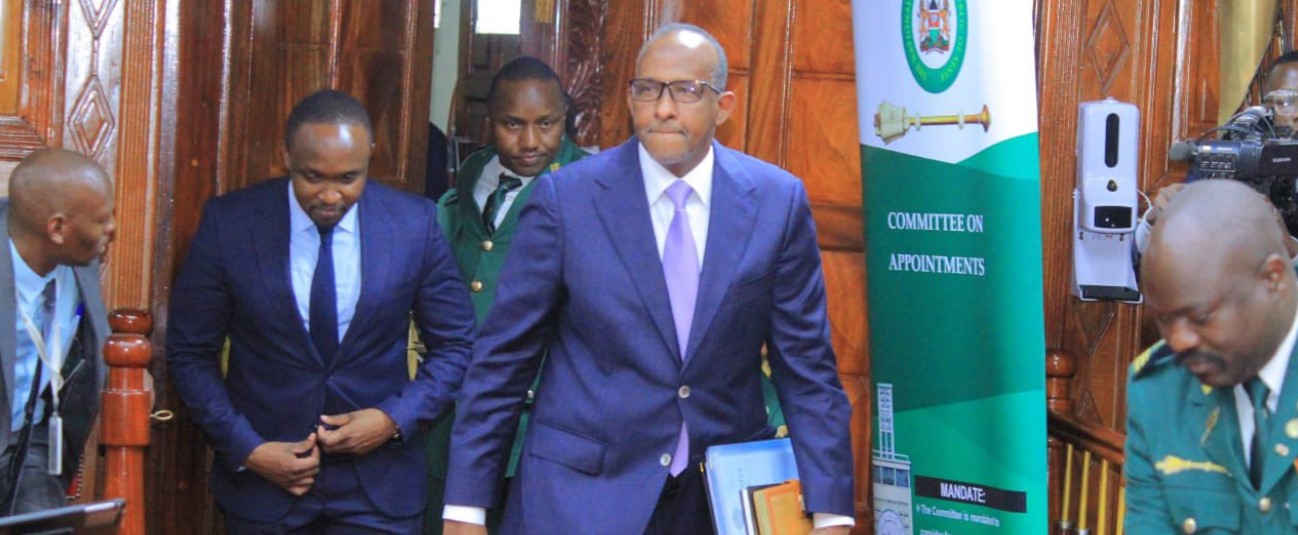 Environment CS nominee Aden Duale arrives in Parliament for vetting on August 2, 2024. (Photo: Aden Duale)
Environment CS nominee Aden Duale arrives in Parliament for vetting on August 2, 2024. (Photo: Aden Duale)
“Our forest cover is currently at 8.83 per cent, which is not really good. The programme requires serious resource mobilisation from all sections, including the government, donors, and private sectors,” he said.
He also called for the preservation of the forest through fencing and urged the private sector to intervene by rebranding degraded areas.
“We need to do 11 million kilometres of fencing on all the forest we have in the country. The private sector must also be given a space to have a role in rebranding degraded areas,” he said.
He reiterated that the restoration of forests across the country will also contribute to the reduction of greenhouse gas emissions, which have largely affected the country.
He pointed out that companies abroad or in the developed world are responsible for greenhouse gas emissions, whereas we only contribute 0.3 percent.
“A lot of resources will come to our country because the more we restore our forest, the more we will play a role in the reduction of greenhouse emissions, and we are the biggest victims,” he said.
Duale also raised concerns about the pollution affecting the country, including air, noise, and water.
"We are currently grappling with severe air, noise, and water pollution. The waste management system in our country is also in a very dire situation. We need to address these issues immediately. We need to deal with pollution in the Nairobi River. Nairobi County has to look for other dumpsites outside the Nairobi River’s causeway. I will work with the governor if I get the job,” he said.
Top Stories Today
